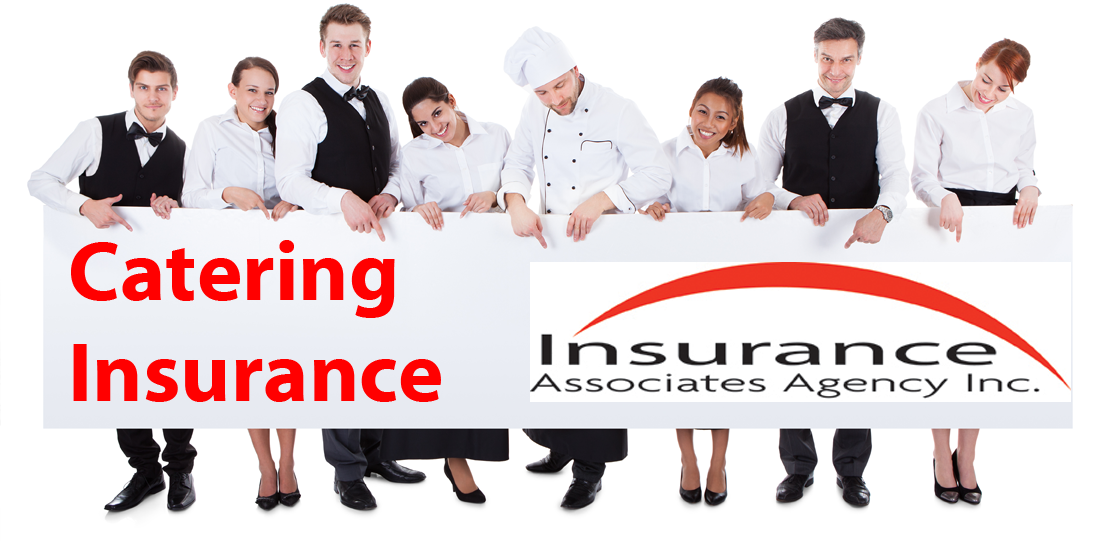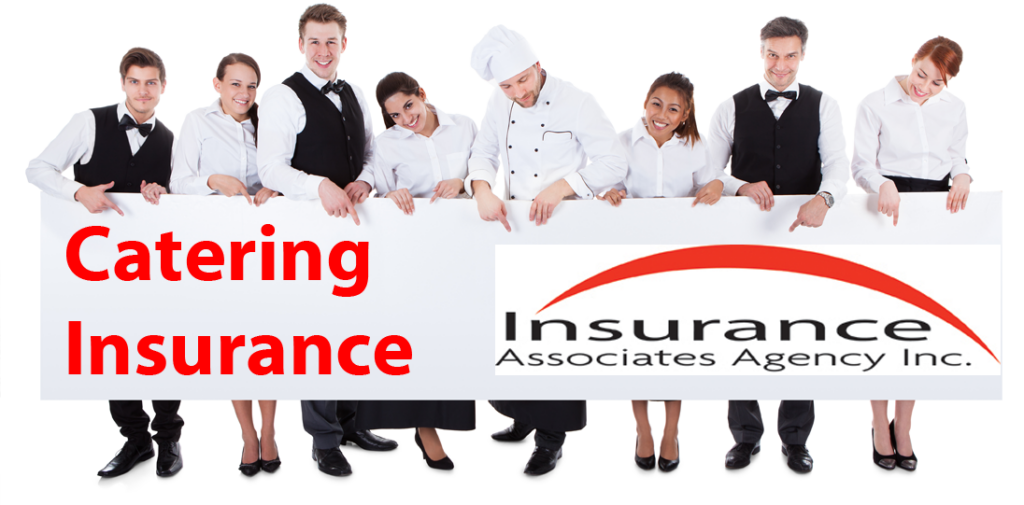Factors to Consider When Choosing Insurance

Choosing the right insurance policy for a catering business is crucial for protecting the business from financial risks. Several factors need to be considered to ensure that the policy aligns with the specific needs and operations of the business.
Assessing the risks associated with the business is paramount. This includes identifying potential hazards such as fire, theft, property damage, and liability. The nature of the catering business, including the type of events catered, the number of employees, and the equipment used, should be taken into account.
Determining the appropriate level of coverage is essential to ensure adequate protection without overpaying for unnecessary coverage. Factors to consider include the value of the business’s assets, the potential financial impact of covered events, and the business’s risk tolerance. By carefully considering these factors, catering businesses can make informed decisions when choosing an insurance policy that provides comprehensive protection and peace of mind.
Types of Insurance Coverage
Catering businesses may require various types of insurance coverage, including:
- General liability insurance protects against claims for bodily injury or property damage caused by the business or its employees.
- Property insurance covers damage or loss to the business’s property, including buildings, equipment, and inventory.
- Business interruption insurance provides coverage for lost income and expenses incurred due to a covered event that disrupts business operations.
- Workers’ compensation insurance covers medical expenses and lost wages for employees who are injured or become ill due to their work.
- Commercial auto insurance covers vehicles used for business purposes.
By understanding the types of coverage available and assessing the specific risks associated with their business, catering businesses can tailor their insurance policy to meet their unique needs.
Benefits of Having Insurance
Procuring insurance for catering businesses offers a comprehensive range of advantages, safeguarding them from financial setbacks and providing peace of mind. It acts as a protective shield against unforeseen events that can potentially disrupt operations and inflict substantial losses.
Insurance policies provide coverage for various risks, including property damage, liability claims, and business interruption. In the event of a fire, natural disaster, or theft, insurance can help businesses recover their losses and rebuild their operations. Liability insurance protects against claims of negligence or injury, ensuring that businesses are not held financially responsible for accidents that may occur during events or while providing services.
Financial Protection
Insurance policies provide a financial safety net for catering businesses, ensuring they have the resources to recover from unexpected events. By transferring the risk of financial losses to an insurance company, businesses can safeguard their assets and maintain their financial stability.
For instance, if a catering business experiences a fire that damages its kitchen equipment, insurance can cover the costs of repairs or replacements, preventing the business from incurring significant financial losses that could jeopardize its operations.
Peace of Mind
Insurance provides catering businesses with peace of mind, knowing that they are protected against potential risks. By having insurance in place, businesses can operate with confidence, focusing on providing exceptional services to their clients without the constant worry of financial setbacks.
Insurance policies offer a sense of security, ensuring that businesses are prepared for unforeseen circumstances. This peace of mind allows business owners to concentrate on growing their operations and serving their customers effectively.
How to Find the Right Insurance Provider
Finding the right insurance provider is crucial for catering businesses to ensure they have the coverage they need at a reasonable cost. Here are some tips to help you find the right provider:
- Shop around: Get quotes from multiple insurance providers to compare coverage and prices.
- Compare coverage: Make sure the policies you’re considering offer the coverage you need, including general liability, property insurance, and business interruption insurance.
- Check the financial stability of the insurer: Make sure the insurance provider you choose is financially stable and has a good reputation in the industry.
- Read the policy carefully: Before you purchase a policy, read it carefully to make sure you understand the coverage and exclusions.
- Work with an experienced insurance agent: An experienced insurance agent can help you find the right policy and provide ongoing support.
Importance of Working with a Reputable and Experienced Insurance Agent
Working with a reputable and experienced insurance agent can provide several benefits for catering businesses:
- Expertise: Insurance agents are knowledgeable about different insurance policies and can help you find the right coverage for your business.
- Convenience: Agents can handle the paperwork and communication with the insurance company on your behalf.
- Advocacy: In the event of a claim, an agent can advocate for your interests and help you get the settlement you deserve.
Cost of Insurance
The cost of insurance for catering businesses varies depending on a number of factors, including the size of the business, the type of coverage needed, and the location of the business. In general, larger businesses will pay more for insurance than smaller businesses, and businesses that need more comprehensive coverage will pay more than businesses that only need basic coverage. Additionally, businesses located in areas with a high risk of natural disasters or crime will pay more for insurance than businesses located in areas with a low risk.
Factors that Affect the Cost of Insurance
- Size of the business
- Type of coverage needed
- Location of the business
- Claims history
- Credit score
- Experience of the business owner
- Safety record of the business
Strategies for Reducing the Cost of Insurance
There are a number of things that catering businesses can do to reduce the cost of insurance, including:
- Shopping around for insurance quotes from multiple providers
- Increasing the deductible on their insurance policies
- Taking steps to reduce the risk of claims, such as installing security systems and conducting regular safety inspections
- Maintaining a good claims history
- Improving the credit score of the business
- Getting experience as a business owner
Claims Process
In the unfortunate event that you need to file a claim, it’s crucial to understand the process and steps involved. A timely and well-prepared claim can significantly increase your chances of a successful outcome.
The claims process typically involves the following steps:
Reporting the Claim
- Notify your insurance provider promptly after an incident occurs. Delay in reporting may affect your claim’s validity.
- Provide detailed information about the incident, including the date, time, location, and any witnesses.
Gathering Evidence
- Document the damage or loss as thoroughly as possible, including photographs, videos, and witness statements.
- Keep receipts and invoices for any expenses incurred as a result of the incident.
Submitting the Claim
- Complete and submit a claim form provided by your insurance company.
- Attach all supporting documentation, including evidence and receipts.
Investigation and Assessment
- The insurance company will investigate the claim and assess the damages or losses.
- They may request additional information or conduct an on-site inspection.
Settlement
- Once the investigation is complete, the insurance company will determine the settlement amount based on the policy coverage.
- The settlement may be paid in a lump sum or installments.
Tips for Maximizing Claim Success
- Report the claim promptly and accurately.
- Document the incident thoroughly with evidence.
- Cooperate with the insurance company during the investigation.
- Keep all receipts and invoices related to the claim.
- Review your policy carefully to understand your coverage and responsibilities.







